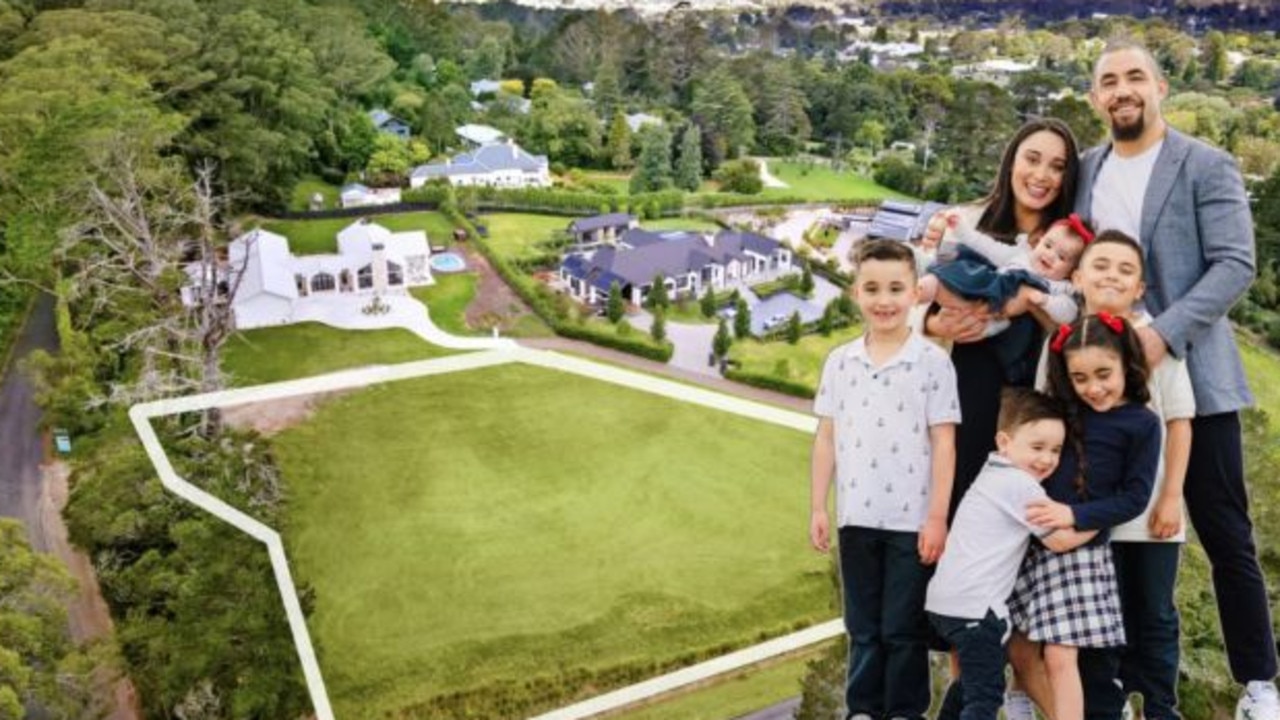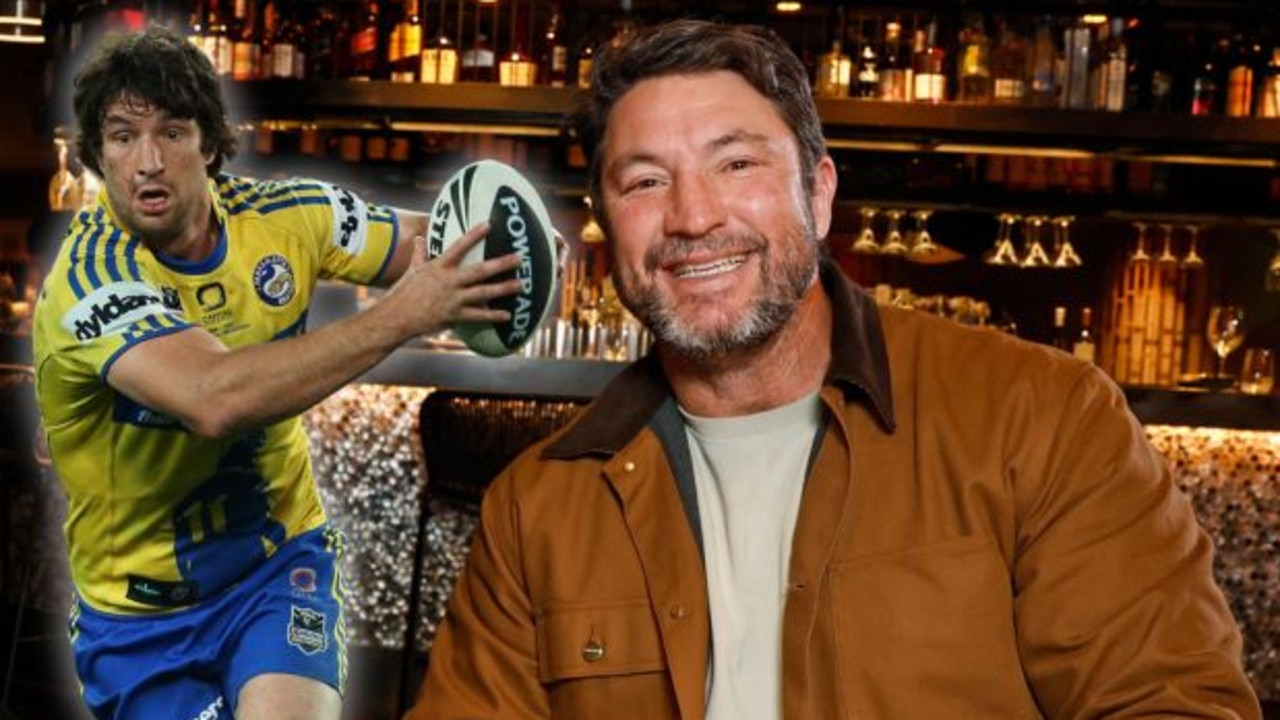How this Sydney electorate became the flashpoint in Labor’s fight to tax wealthy retirees
A low-key Sydney electorate has become the flashpoint in growing debate over Labor’s plans to tax unrealised gains in super funds.
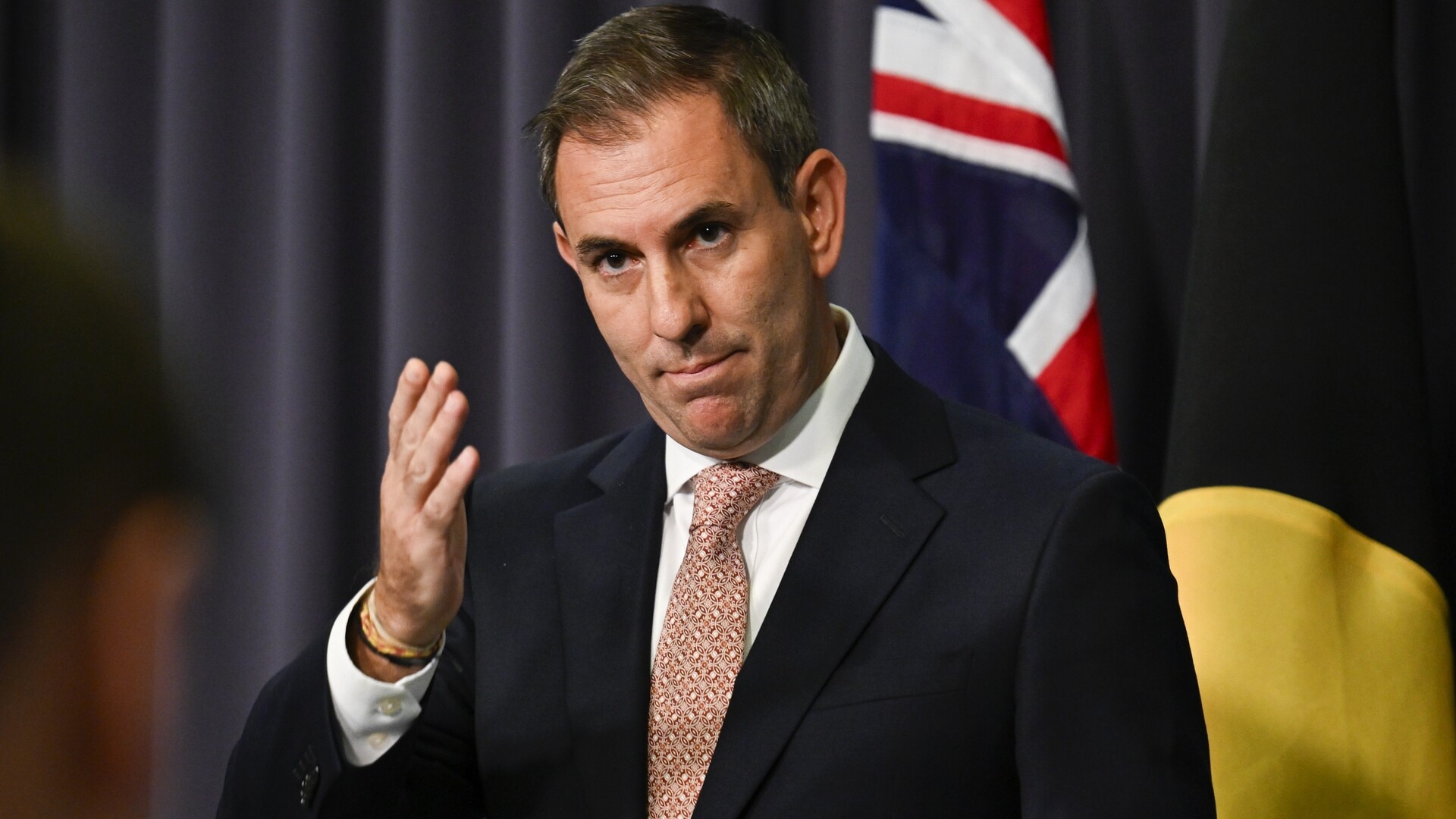
NSW
Don't miss out on the headlines from NSW. Followed categories will be added to My News.
Former Labor treasurer Wayne Swan has been accused of stereotyping residents in Sydney’s west after a heated debate with a local MP over Labor’s controversial tax on superannuation.
On Friday, Mr Swan was on Nine’s Today Show alongside Fowler MP Dai Le when the host asked Ms Le if anyone in her south west Sydney electorate would be impacted by the tax.
The tax applies to super balances of more than $3m.
As Ms Le went on to answer, acknowledging her electorate was lower socio-economic, Mr Swan quickly interjected and said “I don’t think there are going to be many people in Fowler impacted by this Dai”.
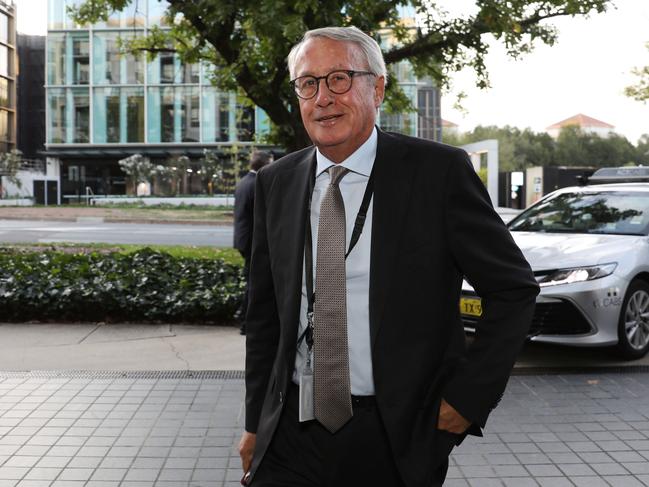
Ms Le then said “I know Wayne” but argued her opposition to the tax was on moral grounds because it would tax unrealised capital gains — an aspect of the bill staunchly opposed by leading economists.
But Fairfield Mayor Frank Carbone attacked Mr Swan over the exchange saying his comments failed to recognise the aspiration in the electorate.
“We have thousands of small businesses that are part of one of the largest industrial areas in the country, they work very hard and they are people that aspire to save money into super, that aspire to have a better future,” he said.
“There won’t be as many impacts but the point is you shouldn’t be labelling areas like that.
“Our area has very wealthy people and others where people are struggling … Wayne should be careful about not stereotyping our area.”
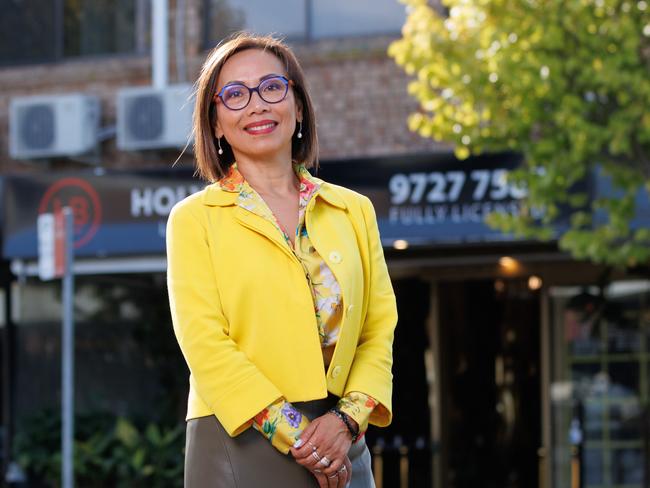
Mr Swan told the Sunday Telegraph Ms Le was in agreement with his claim that not many people would be impacted by the superannuation tax in Fowler.
He added that his argument was that the people in Fowler should not be made to subsidise the tax concessions of a small group of Australians.
“I don’t think the people of Fowler should be subsidising the tax concessions of the 80,000 people with $3m or more,” he said.
Mr Swan, and Treasurer Jim Chalmers’ argument that not many would be captured by the tax has been challenged by figures released on Thursday from the Financial Services Council which show that half a million Australians currently in the workforce would be captured by the scheme if the government chooses not to index the $3m threshold.
The proposal as it currently stands does not have provisions for indexation.

Labor has also been bogged by revelations senior figures were aware the proposal would impact family farms and small business owned property held in self-managed super funds and considered exempting them before abandoning those concessions in the final policy.
On Friday, Health Minister Mark Butler defended the policy but did not deny its impact would grow by saying “one in 200 people would be currently caught by this”.
Mr Butler said Australia does not index tax thresholds but the government reviews them on a very regular basis.
“The idea that this wouldn’t be reviewed, that number I think assumes for 40 years, is utterly fantasy and just shows there’s just scaremongering around this issue as there is every time we propose a sensible moderate change to superannuation tax,” he said.
Asked about his view on family farms and small businesses being hurt by the tax, Mr Butler added: “This was the design recommended by Treasury. This has been out here for more than two years.”
More Coverage
Originally published as How this Sydney electorate became the flashpoint in Labor’s fight to tax wealthy retirees




